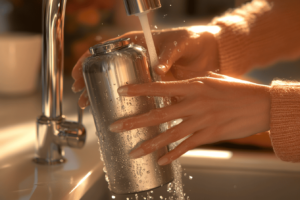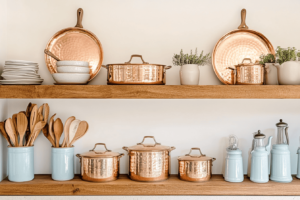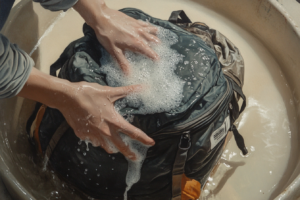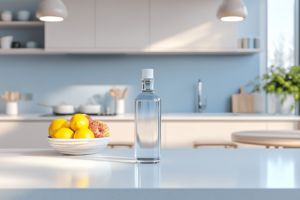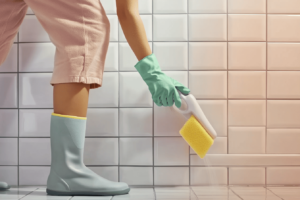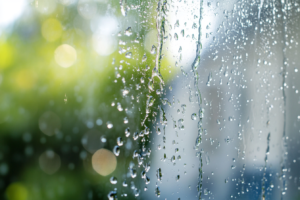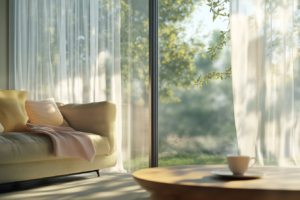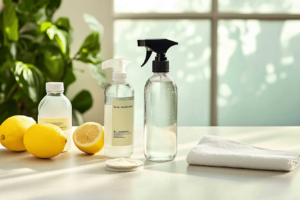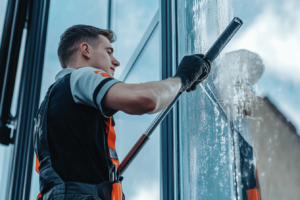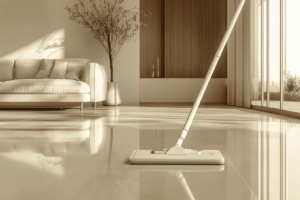Maintaining the perfect house cleaning routine should be a breeze, not a chore. A sparkling, disinfected space doesn’t just look good—it feels good too. Enters bleach, the trusted household staple that’s been a go-to for decades. Whether you’re tackling stubborn stains, banishing bacteria, or whitening laundry, bleach has the power to transform your cleaning routine. But as with any superhero, it comes with responsibilities! Using bleach safely and effectively is key to unlocking its full potential. Ready to level up your cleaning game? Let’s explore the ins and outs of cleaning with bleach to make your home shine brighter than ever.
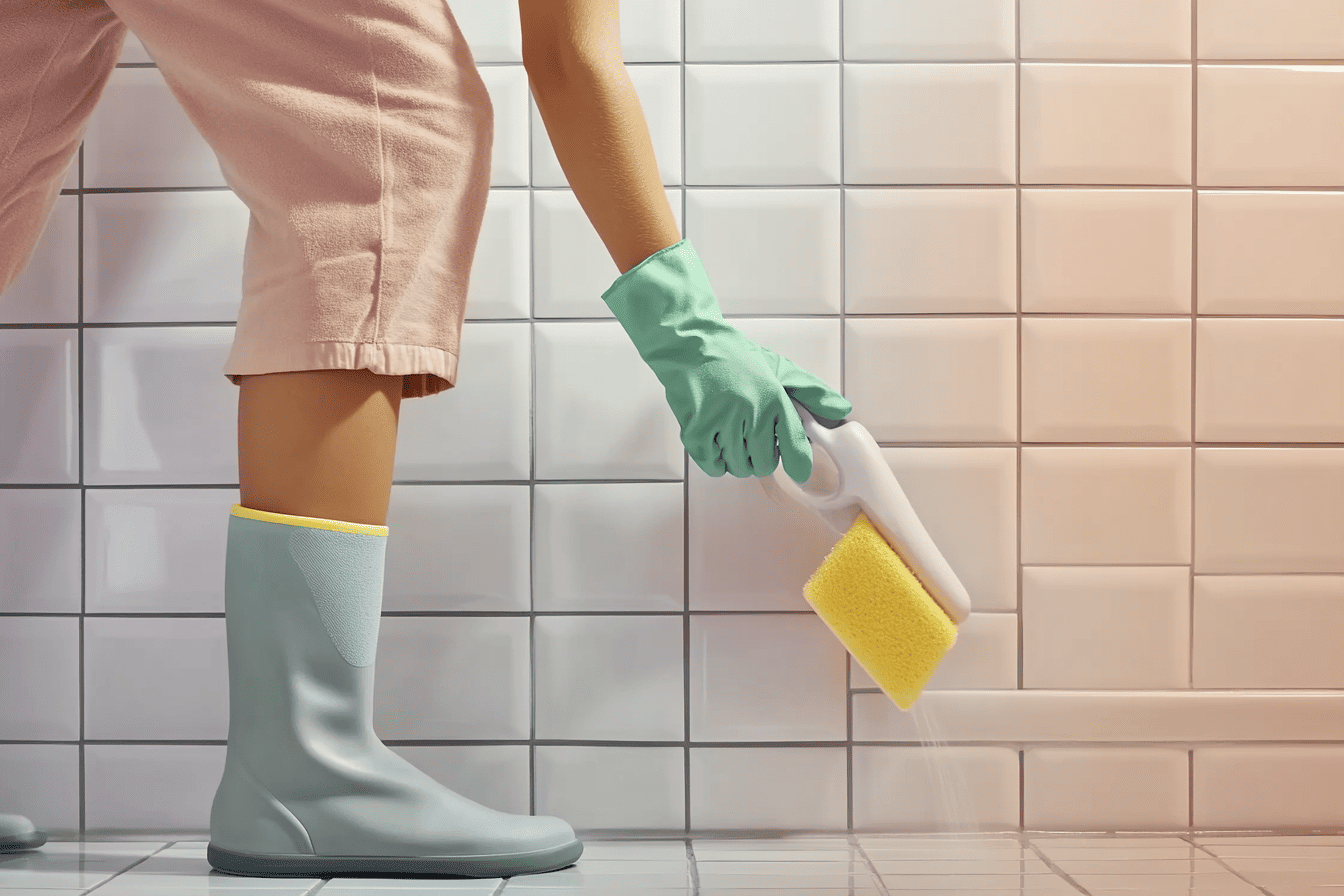
What is Bleach?
Bleach is a chemical product often used for cleaning, disinfecting, and whitening. It’s a true multitasker! But not all bleach is created equal. Knowing the types and uses will help you make the best choice for your home.
Types of Bleach
Bleach comes in various forms. Here are the most common:
- Chlorine bleach: The superstar for disinfecting and whitening. Perfect for laundry and surfaces.
- Oxygen bleach: A gentler alternative, ideal for delicate fabrics and eco-conscious cleaning.
- Non-chlorine bleach: Great for colour-safe laundry and sensitive areas.
Common Uses of Bleach
Here are some everyday uses of bleach:
- Disinfecting surfaces to kill bacteria and viruses.
- Whitening clothes to keep them looking fresh.
- Removing tough stains from sinks, tiles, and counters.
Health and safety precautions for cleaning with bleach
Bleach is like a superhero for cleaning, but even superheroes need rules. Used correctly, it can disinfect and whiten like no other. Used carelessly, it can cause damage to your home—or worse, your health. Follow these essential safety tips to keep your space clean and your loved ones safe.
Importance of proper ventilation while cleaning with bleach
Cleaning with bleach often produces strong fumes. Nobody wants their home smelling like a public pool, right? Ensuring proper ventilation isn’t just about comfort—it’s about safety. Always open windows or doors to allow fresh air to circulate. Prolonged exposure to bleach fumes can cause irritation to your nose, throat, and lungs. So, breathe easy by keeping your space well-ventilated during and after cleaning.
Protective gear when using bleach
Cleaning isn’t a fashion show, but wearing the right gear is a must. Bleach can irritate your skin and eyes, so always wear sturdy gloves to protect your hands. Opt for goggles if there’s a risk of splashing—especially when mixing bleach solutions or scrubbing at tricky spots. For extra protection, consider wearing a mask to avoid inhaling fumes, especially if you’re working in a confined area. Think of it as your cleaning armour—keeping you safe while the bleach does its magic.
Household cleaning with bleach
Bleach is the ultimate multitasker for a clean and healthy home. But using it correctly is key to unlocking its full potential without causing harm. Here’s how to make the most of bleach in your household cleaning routine.
Using Bleach for Cleaning and Disinfecting Surfaces
Bleach is a germ-fighting powerhouse, capable of killing bacteria, viruses, and mould. But using it effectively starts with proper preparation.
- Diluting Bleach for Surface Cleaning
Mix 1 part bleach with 10 parts water. Use a spray bottle for easy application or a cloth to wipe surfaces gently. Always prepare fresh bleach solutions as they lose potency over time. - Which Surfaces Can Be Cleaned with Bleach?
Bleach is perfect for non-porous surfaces that can withstand its cleaning power:- Yes, please! Tiles, porcelain sinks, bathtubs, toilets, and sealed countertops are all bleach-friendly.
- No-go zones: Avoid porous materials like wood, stone, and certain metals like aluminium, as bleach can discolour or damage these surfaces. Instead, opt for gentler cleaning methods for these areas.
After cleaning, rinse surfaces thoroughly with water to remove any residue and ensure they’re safe for contact.
Using Bleach in Laundry
Laundry day just got brighter! Bleach is your secret weapon for keeping whites looking fresh and removing stubborn stains.
- Adding Bleach to Laundry for Whitening
To safely use bleach in your washing machine, first check clothing labels for bleach compatibility. Add the bleach to the machine’s designated dispenser or dilute it in water before pouring directly into the drum. This ensures even distribution and prevents damage to fabrics. - Precautions When Using Bleach in Laundry
- Never mix bleach with ammonia-based products or fabric softeners, as this can create harmful reactions.
- Always dilute bleach before adding it to laundry to avoid damaging the fabric.
- Use it sparingly on delicate fabrics or seek alternatives like oxygen bleach for gentle whitening.
Other Uses of Bleach
- Cleaning Garden Tools: Prevent the spread of plant diseases by wiping down your gardening tools with a bleach solution after each use.
- Freshening Bins: Tackle odours and germs by scrubbing bins with a diluted bleach solution. Rinse well and let them dry in the sun for an extra fresh finish.
- Whitening Grout: Bring tired grout lines back to life by applying a paste of bleach and baking soda. Scrub gently and rinse thoroughly.
Benefits of cleaning with bleach
- Effectiveness of Bleach as a Cleaner and Disinfectant
Bleach kills 99.9% of bacteria, viruses, and mould. It’s the ultimate weapon against germs. - Environmental Impact of Bleach
Bleach breaks down quickly into salt and water, making it eco-friendly when used properly. Just don’t overdo it!
Bleach is a cleaning powerhouse, but it needs respect and care. Whether you’re scrubbing surfaces or freshening up laundry, follow these tips for a sparkling, safe home. Cleaning with bleach isn’t just a chore—it’s a fresh start for your home. Now, over to you: dive in and make cleaning a breeze! And when life gets hectic, Wecasa is here to make things easier. From tackling your to-do list to delivering a spotless home, we’re just a few clicks away from turning chaos into comfort. Let us help you create the clean, inviting space you deserve!


